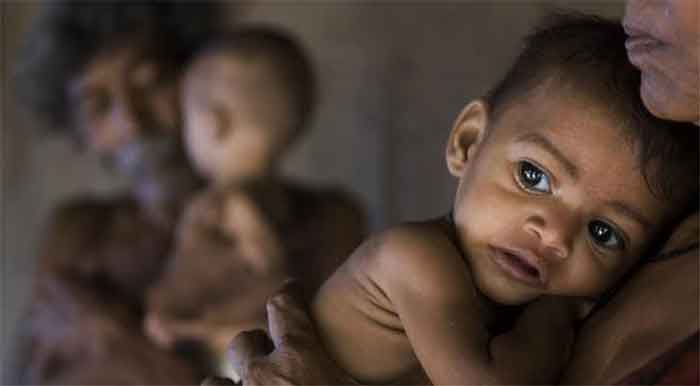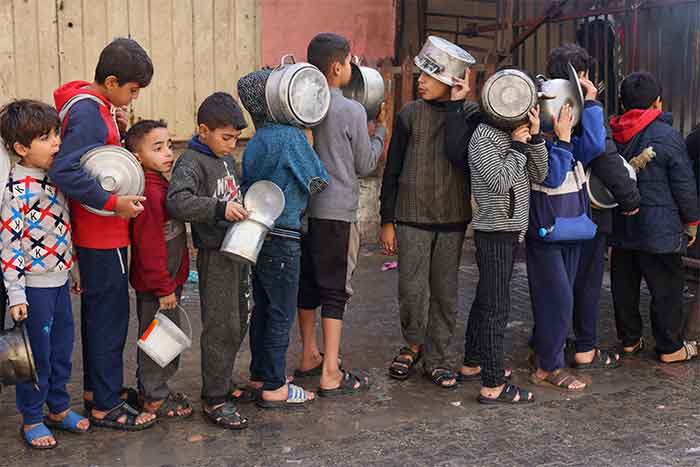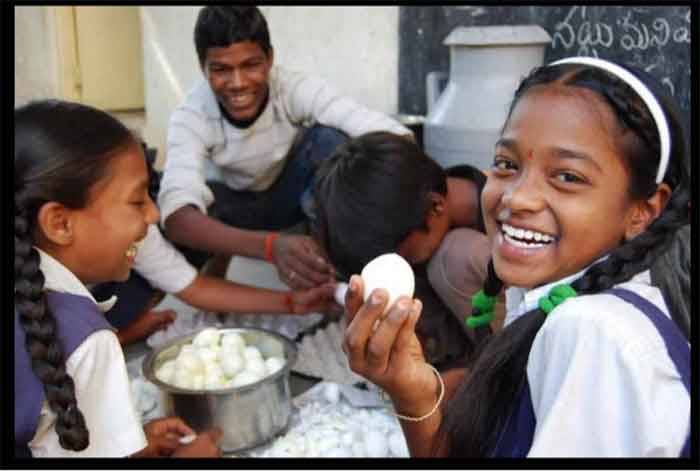
Since the hungry billion in the world community believe that we can all eat if we set our common house in order, they believe also that it is unjust that some men die because it is too much trouble to arrange for them to live.
Stringfellow Barr Citizens of the World (1954)
World Food Day was set by the United Nations General Assembly for 16 October, the date of the creation of the U.N. Food and Agriculture Organization (FAO) in Rome in 1945 building on a Food Institute in Rome which had been Part of the League of Nations network. The Preamble of the FAO Constitution states “determined to promote the common welfare by furthering separate and collective action for the purpose of raising levels of nutrition and standards of liveing” The Constitution stresses as one of its aims “contributing towards an expanding world economy and ensuring humanity’s freedom from hunger.” To achieve freedom from hunger for humanity, there is a need to eliminate povery. The elimination of poverty must draw upon the ideas, skills and energies of whole societies and requires the cooperation of all States.
The United Nations Sustainable Development Goals (2015-2030) aims by 2030 to “Double the agricultural productivity and incomes of small-scale food producers, in particular women, indigenous peoples, family farmers, and fishers, including through secure and equal access to land, other productive resources and inputs, knowledge, financial services, markets , and non-farm resources.”
Yet as Lester Brown, the U.S. agricultrual specialist has written
“We are cutting trees faster than they can be regenerated, overgrazing range lands and converting them into deserts, over-pumping acquifers, and draining rivers dry. On our crop lands, soil erosion exceeds new soil formation, slowly depriving the soil of its inherent fertility. We are taking fish from the oceans faster than they can reproduce.”
To counter these trends, we need awareness and vision which has living in harmony with Nature at its heart. Thus we need political and social leadership to bring about the socio-economic changes needed.
There is a consensus that strong measures are needed to deal with world-wide growing food needs. These measures must be taken in a coordinated way with actions going from the local level of the individual farmer to the national level with new government policies to the world level with better coordinated activities through the United Nations System. The granting of the Nobel Prize for Peace this year to the World Food Program is a sign of the growing awareness of the need for action on food issues.
A central theme which citizens of the world have long stressed is that there needs to be a world food policy and that a world food policy is more than the sum of national food security programs. While the adoption of a national strategy to ensure food and nutrition security for all is essential, a focus on the formulation of national plans is clearly inadequate. There is a need for a world plan of action with focused attention to the role which the United Nations system must play if hunger is to be sharply reduced.
There is also a need to keep in mind local issues of food production, distribution, and food security. Attention needs to be given to cultural factors, the division of labour between women and men in agriculture and rural development, in marketing local food products, to the role of small farmers, to the role of landless agricultural labour and to land-holding patterns.
Fortunately, there is a growing awareness that an integrated,comprehensive approach is needed. World Citizens stress that solutions to poverty, hunger and climate change crisis require an agriculture that promotes producers’ livelihoods, knowledge, resiliency, health and equitable gender relations, while enriching the natural environment and helping balance the carbon cycle. Such an integrated approach is a fundamental aspect of the world citizen approach to a solid world food policy.
Rene Wadlow, President Association of World Citizens
SIGN UP FOR COUNTERCURRENTS DAILY NEWSLETTER














































